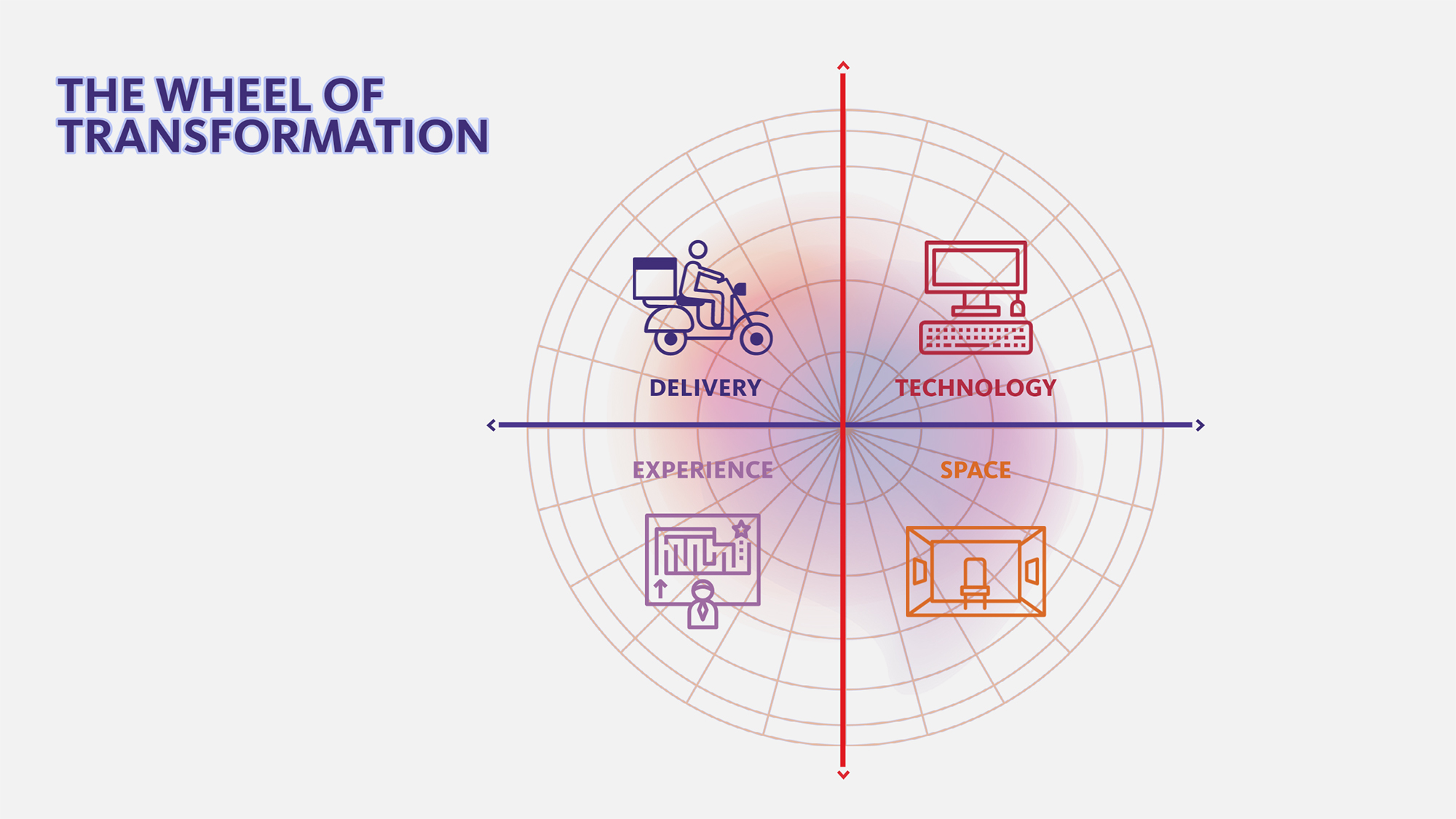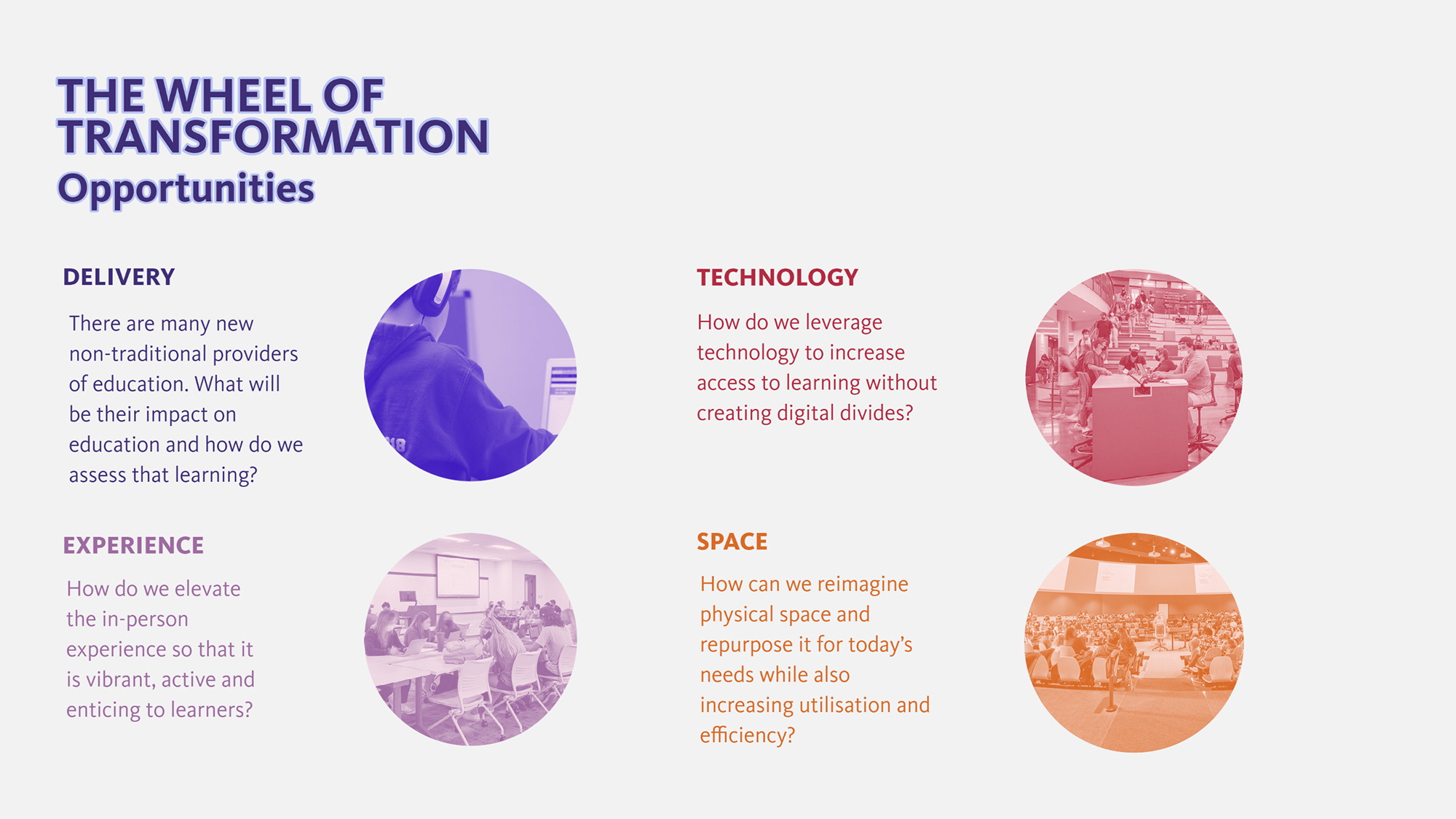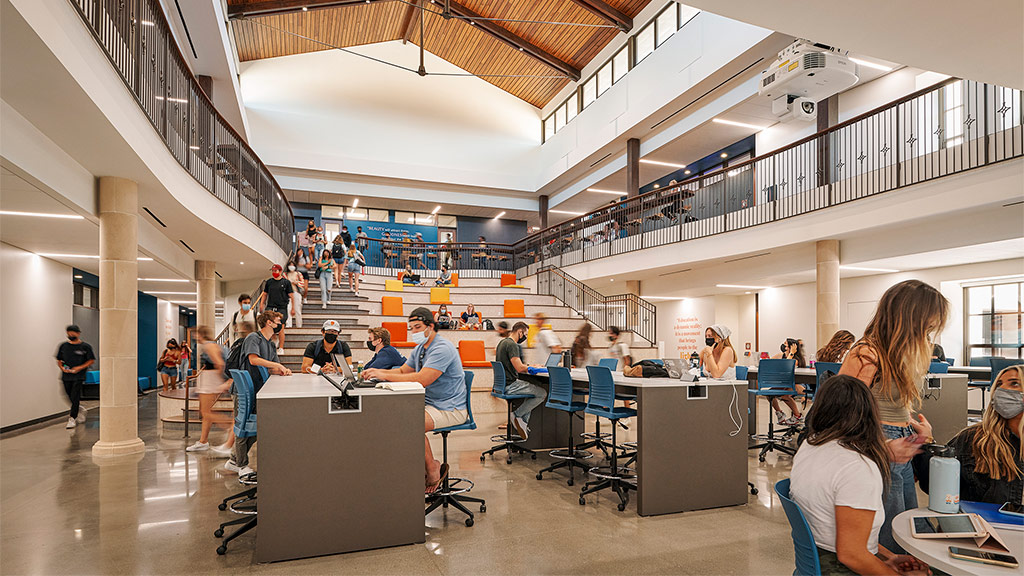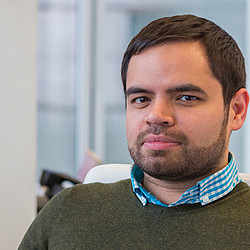Redefining Learning for the 21st Century
July 12, 2022 | By Richard Jacob
The pandemic and its effects have seen every aspect of our lives rocked to their core. What was previously taken for granted and accepted as the norm has been fundamentally overturned. The status quo is being questioned everywhere, in every field, and the world of learning is no exception.
ONLINE OVERNIGHT
Before the pandemic, there was little digital content in education. In many cases, institutions had roadmaps for virtual learning planned and prepared, but these were to have been rolled out slowly, typically towards the mid to end of the decade. The pandemic changed that, and institutions around the world transformed from physical teaching in live spaces to virtual online learning. The quantum leap in moving to online learning has unleashed many new opportunities and possibilities for knowledge to saturate the whole of society. After all these changes, it is clear that online learning has the ability to transform access to knowledge in ways never seen or experienced before. Online learning has the means to transform who, how, what, and when we access learning and knowledge.
THE WHEEL OF TRANSFORMATION
The switch to virtual learning has unlocked the proverbial genie from the bottle. Education will be fundamentally changed. Driving this transformation are four key elements: technology, delivery, experience, and space. These aspects combine to create a wheel of transformation that is rewiring our learning processes.

Technology – is redefining when and where learners can access education. This shift will create new learning paradigms and help increase equity and inclusion by disseminating knowledge to broader audiences worldwide.
Delivery – online and hybrid learning also means more opportunities for non-traditional organisations to become involved in education. Integrating non-traditional organisations into the education ecosystem will give us new avenues to explore and innovate.
Experience – what does it mean to be a physical learner, a hybrid or a virtual one? The positive impacts of these typologies and experiences must be studied and applied to ensure that every learner can access them. In this way, learners can benefit from each scenario when crafting their personal learning journey.
Spaces – where we will learn physically will become increasingly crucial as learners will have the ability CHOOSE to attend physically or virtually. To meet this dramatic shift, we are developing new ways to unlock physical space and make in-person learning attractive and inviting.
These aspects are converging in ways that reflect the sociological changes to education and the world. In this sense, we must also recognise the importance of learners. Ultimately, we are preparing learners to take on the mantle of leadership for society. We need to realise that the education system needs to prepare them for a very different world from those that have preceded it.
We need to equip post-pandemic learners with the skills to grow and evolve our society for the future. We can't do this with a binary, either-or approach to learning. It needs to be multifaceted, multi-layered and diverse so that they can experience and understand many ways to overcome the hurdles we face as a species.

THE WHEEL OF TRANSFORMATION MAKES LEARNING OPEN TO EVERYONE
Now is the OPTIMUM moment for significant transformation, to redefine our societies, cities, and lives. Many learners, educators, and employers are asking what we should retain from the current system and fundamentally what we can change for the better. Right now, we have the perfect opportunity to reassess the learning process and take a broader view of what it means to be a learner in the post-pandemic age.
Imagine an education system that follows you throughout your life, adjusting and adapting to your needs and circumstances as you grow and evolve as a human being. Such a system would create new and exciting opportunities for learners and transform education institutions in powerful ways, making them more inclusive and accessible.
OUR MANIFESTO FOR TRANSFORMING LEARNING AND BUILDING A POSITIVE LEGACY OUT OF THE PANDEMIC
Considering the wide-ranging effects of the changes impacting education, we have developed a manifesto to help define ways to create a better system for learners through increased inclusion, opportunities, and access.
01. We must invest in lifelong learning experiences.
Education is not just for the young, lifelong learning will be the foundation of a long and successful life and will allow us to evolve and grow over time.
02. We have to increase and enable access to education at all levels of society.
To combat the pressures and issues we face as a species we must ensure that everyone has access to education and the ability to reach their potential.
03. We must embed institutions into our communities.
Education institutions are vital centres within our communities but for far too long they have been locked away behind walls. We must promote they amazing work they are doing and how they are transforming the lives on a daily basis.
04. We must connect the dots between education, industry, and technology.
To supercharge educational research and development we must not only integrate industry but also technology into the process so that it can become both forward looking and context aware.
In the coming months, we’ll be delving further into the thinking behind our manifesto and exploring ways in which we can assess these new opportunities to make learning a force for positive change.
For media inquiries, email .

